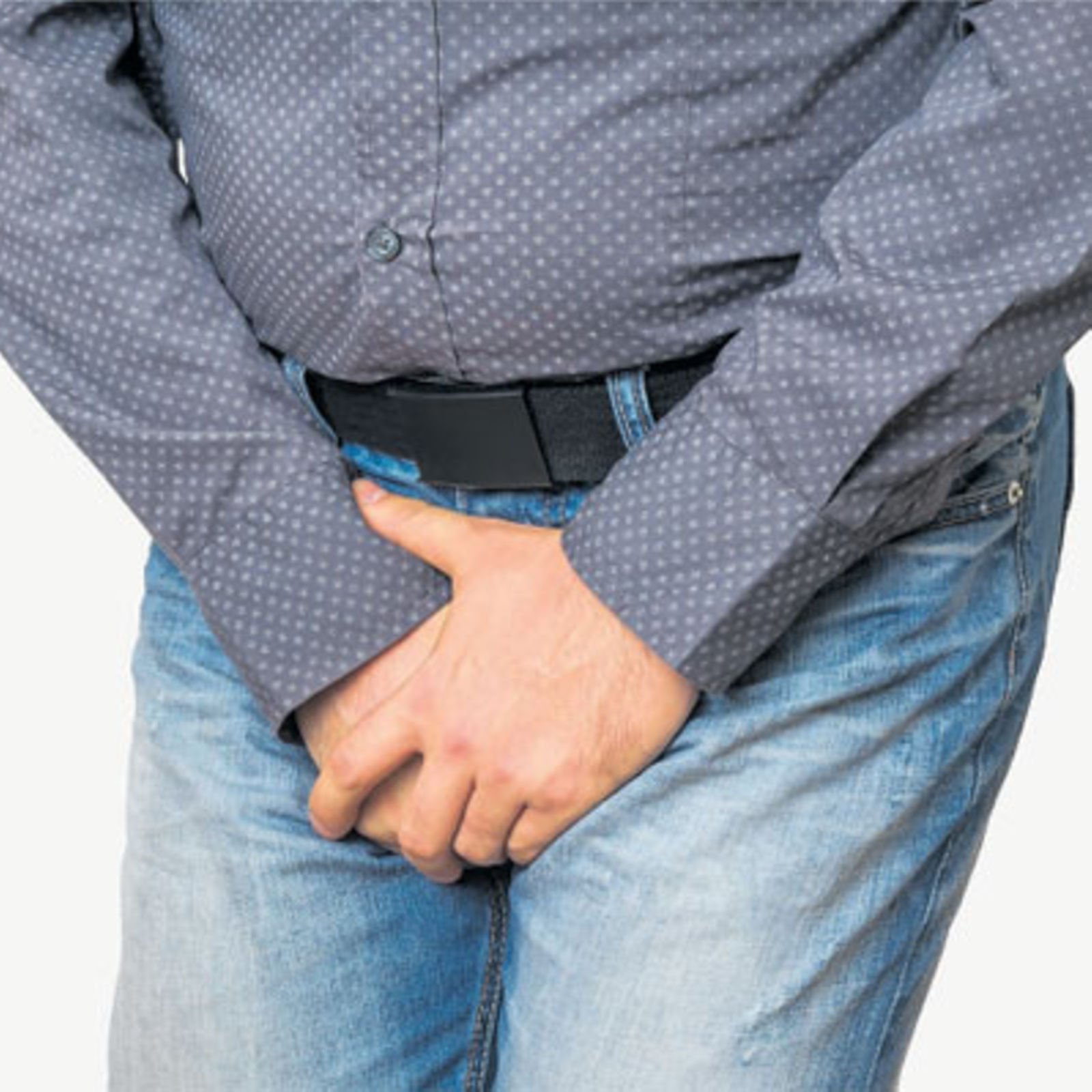Occasional Itching
- Occasional Itching During Pregnancy
- Occasional Itching All Over Body
- Occasional Vaginal Itching
- Occasional Penile Itching
- Occasional Itching Skin
- Occasional Itching
Apoquel Stories

Intense itching. Signs of bacterial vaginosis: A white, gray or yellowish vaginal discharge. A fishy odor that is strongest after sex or after washing with soap. Itching or burning. Slight redness and swelling of the vagina or vulva. You could have a slight allergy to something - perfume, wipes, soap, bubble bath, etc. The occasional itch isn’t a big deal, but constant, unrelenting itching can become quite a nuisance and even a serious health concern. What Causes the Itch? How Liver Disease and Itching Go Hand in Hand. You’ll rarely notice itching in any alcohol-related liver disease or fatty liver diseases.
See how APOQUEL helped these dogs itching for relief.
- Dry skin is a common cause of itchy skin without a rash. In most cases, dry skin is mild.
- Itchy hands and feet are common in infants and young kids with scabies, but not adults. It also causes: Itchiness, especially at night, of the entire body or specific areas, like the wrist, elbow.

Bijou's back!
“This stuff [APOQUEL] is amazing! She slept through the night and I slept through the night. She was not chewing and scratching as much, and her energy level was coming back.”
–Bijou’s owner
- -->
Captain's in charge now!
“Within a week of starting [APOQUEL], he had his cone off and he looked like a normal dog, which was amazing when for the last 2 years we’d watch him steadily decrease in health every day.”
–Captain’s owner
Gunner's on top again!
“When I saw the relief in Gunner [from APOQUEL], I felt the relief myself…I was hoping for good and got amazing.”
–Gunner’s owner
Molly's on the move!
“Within the first couple of days [after starting APOQUEL], she was a completely different dog. She had done a complete 180 degrees with her personality and her energy level.”
–Molly’s owner
No itching for Nani!
“I gave her the first dose [of APOQUEL] at night. She did not scratch or itch at all that night. Nani now can sleep at night, go outside, and play. She has a better quality of life.”
–Nani’s owner
“I’m really impressed. Nothing has given this dog relief, ever. Go APOQUEL!”
–Dr. Jill Abraham, New York, NY*
“One pet owner said that [her] dog is a different dog. Dog itch [pruritus] is down 90% and [she said] her dog is so much more comfortable…”
–Dr. Dale Brown, Fayetteville, NC*
*According to a 2013 survey involving 119 veterinarians and 356 dog owners regarding the APOQUEL Early Experience Program.15
Itching is an unpleasant sensation that compels a person to scratch the affected area. The medical name for itching is pruritus.
Itching can affect any area of the body. It can either be:


- generalised – where itching occurs over the whole body
- localised – where itching only occurs in a particular area
Sometimes, there may be a rash or spot where the itching occurs.
Mild, short-lived itching is common, but the problem can occasionally be severe and very frustrating to live with.
Common causes of itching
Itching can be caused by a number of different conditions, including:

- skin conditions – such as eczema
- allergies or skin reactions
- parasitic infestations – such as scabies
- fungal infections – such as athlete’s foot or vaginal thrush
- hormonal changes during pregnancy or the menopause
- systemic conditions (one that affects the whole body) – such as liver or kidney problems, or an overactive thyroid gland
Occasional Itching During Pregnancy
Read more about the possible causes of itching.
Occasional Itching All Over Body
Things you can do
If you experience troublesome itching, there are some things you can do that may help relieve it and prevent damage caused by scratching, including:
- patting or tapping the itchy area, rather than scratching it
- holding a cold compress, such as damp flannel, over the affected area to cool it down
- bathing or showering in cool or lukewarm water
- using unperfumed personal hygiene products
- avoiding clothes that irritate your skin, such as wool or man-made fabrics
- using a moisturiser or emollient if your skin is dry or flaky
There are also medicines, such as antihistamines and steroid creams, that are available over the counter from pharmacies that may help relieve itching caused by certain skin conditions.
Read more about treatments to relieve itching.
Occasional Vaginal Itching
When to see your GP
Occasional Penile Itching
Many cases of itching will get better over a short period of time. However, you should visit your GP if your itch is:
- severe
- lasts for a long time
- keeps coming back
- associated with other symptoms – such as redness and swelling or jaundice (yellowing of the skin and whites of the eyes)
You should also visit your GP if your entire body itches and there is no obvious cause. It could be a symptom of a more serious condition.
Your GP will ask you about your symptoms – for example, if you have noticed whether anything makes your itch worse, or if your itch comes and goes. They will also examine your skin to look for any visible symptoms.
Occasional Itching Skin
In some cases, they may take a skin scraping or a swab so it can be tested to help identify the cause of your itching. A blood test may also be carried out to look for underlying problems, such as thyroid or kidney disease.
Occasional Itching
Depending on what is found to be causing your itch, you may be referred to a hospital specialist for a further assessment and specific treatment.